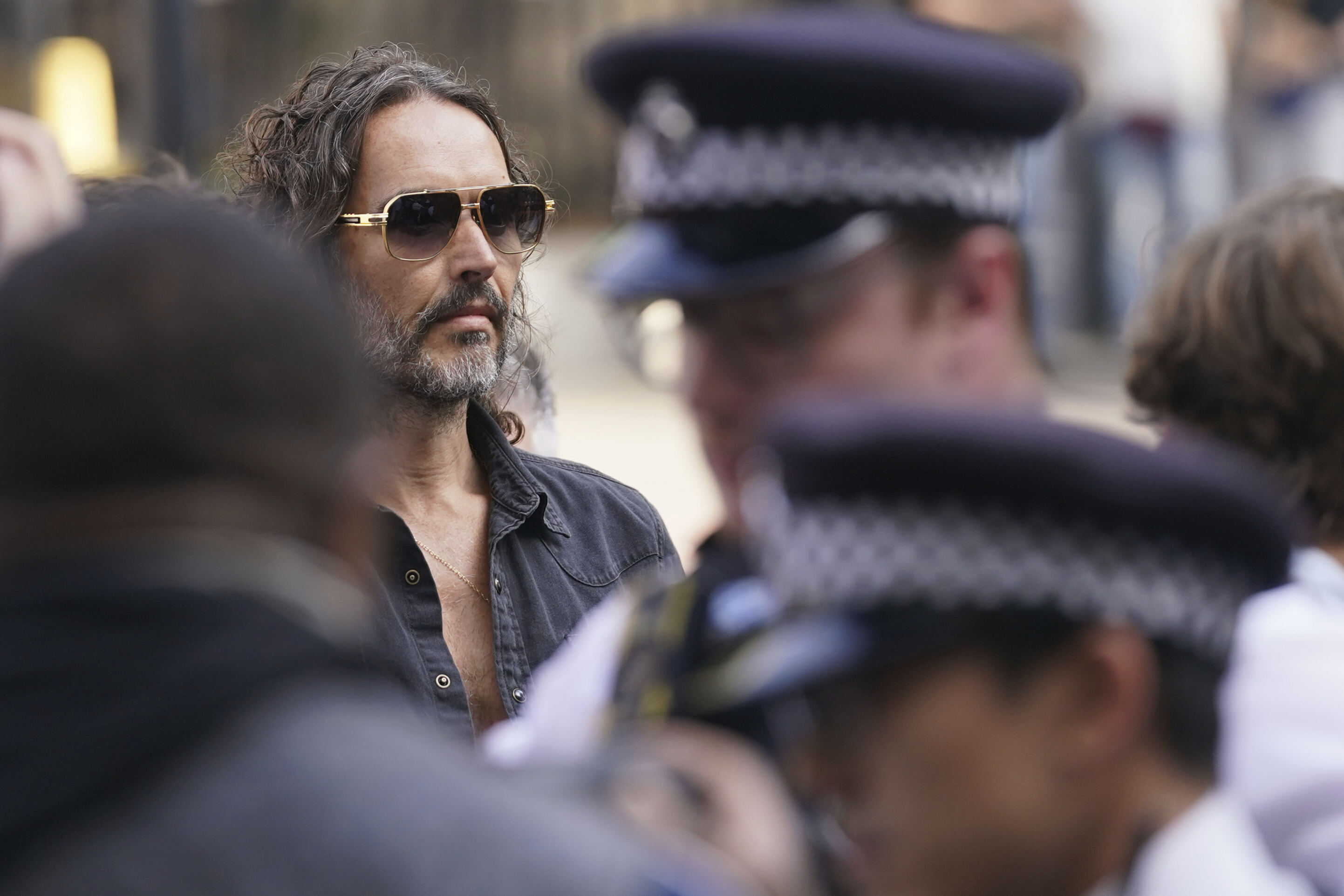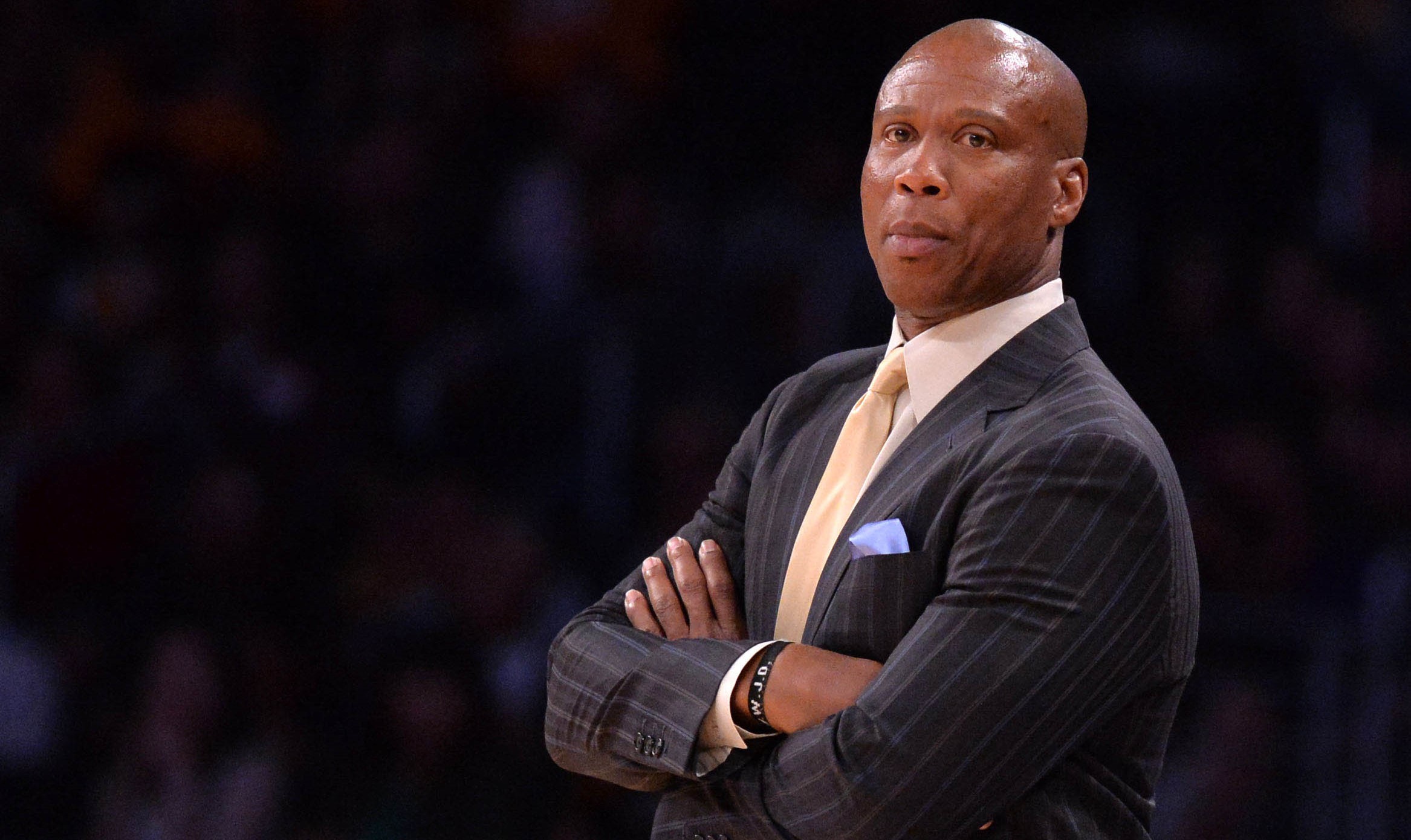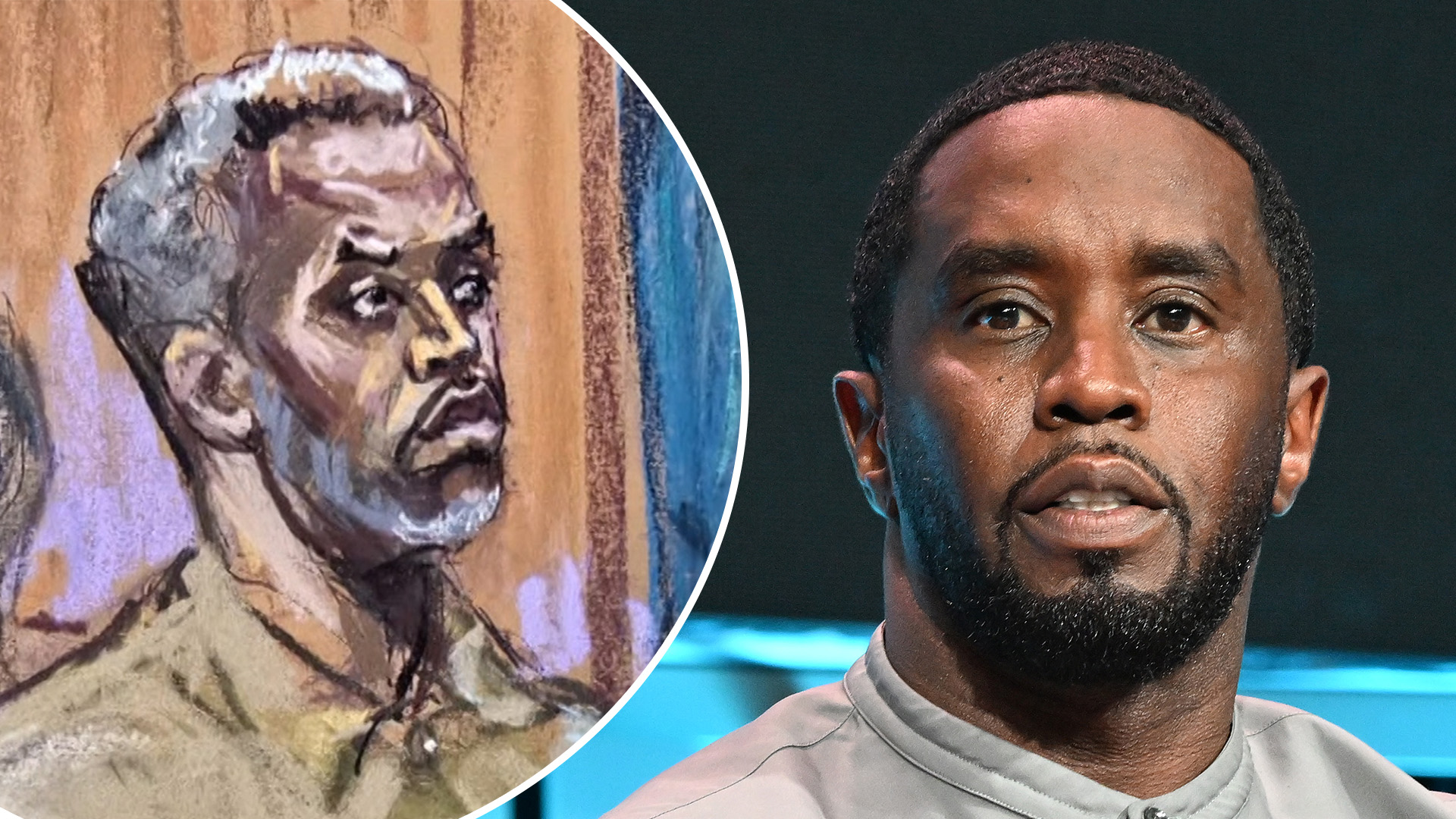Russell Brand Rape Charges: Conditional Bail Granted - Latest
Russell Brand Faces Rape Charges: Granted Conditional Bail
Introduction: The Latest Developments in the Russell Brand Case
The world held its breath as actor and comedian Russell Brand appeared in a London court on Friday, facing serious allegations of rape and sexual assault. This isn't just another celebrity headline; it's a stark reminder of the gravity of such accusations and the legal processes that follow. Brand, 49, was granted conditional bail, marking a significant step in this unfolding legal drama. But what does this mean, and what comes next? Let's delve into the details.
The Charges: What Exactly is Russell Brand Accused Of?
The charges against Brand are incredibly serious and encompass a range of alleged offenses. He's been charged with one count of rape, one count of indecent assault, one count of oral rape, and two counts of sexual assault, all involving four different women. These allegations paint a disturbing picture, and it's crucial to remember that these are just allegations at this stage. Everyone is innocent until proven guilty, right?
Understanding the Severity of the Charges
Rape and sexual assault are heinous crimes that carry severe penalties. The potential consequences for Brand, should he be found guilty, are substantial, ranging from significant prison time to a permanent stain on his reputation. It's not just about his career; it's about the impact on the alleged victims and the broader community.
The Court Appearance: Westminster Magistrates' Court
Brand's appearance at Westminster Magistrates' Court was a highly publicized event. Imagine the scene: a throng of photographers, reporters, and onlookers, all eager to catch a glimpse of the man at the center of this controversy. He was swarmed as he arrived, a stark reminder of the intense public scrutiny he faces.
Brand's Plea: Remaining Silent for Now
Crucially, Brand did not enter a plea during this initial hearing. This doesn't mean he's admitting guilt; it simply means he's exercising his right to remain silent at this stage. He has consistently denied the allegations, maintaining his innocence. We have to wait to see how his defense unfolds.
Conditional Bail: What Does It Mean for Russell Brand?
Being granted conditional bail isn't a get-out-of-jail-free card. It comes with specific stipulations that Brand must adhere to. Think of it as a temporary release with strings attached. Breaking those strings could lead to immediate custody.
The Conditions of Bail: Staying in Touch
Chief Magistrate Paul Goldspring outlined the specific conditions of Brand's bail. The most important condition is that Brand must keep the court informed of his whereabouts, whether he's staying in the U.K. or the U.S. This ensures he can be located and brought back to court for future appearances. Imagine trying to skip town – not an option!
The Consequences of Non-Compliance
The magistrate made it clear: if Brand fails to abide by these conditions, he risks being remanded in custody. In other words, he'd be thrown in jail pending trial. The stakes are high, and Brand knows it.
The Next Step: The Central Criminal Court (Old Bailey)
Brand is scheduled to appear at the Central Criminal Court, also known as the Old Bailey, on May 30. This is a significant step in the legal process. The Old Bailey is one of the most famous criminal courts in the world, known for handling serious and high-profile cases.
What to Expect at the Old Bailey
The Old Bailey hearing will likely involve further legal arguments, the potential presentation of evidence, and the setting of a trial date. It's where the prosecution will lay out its case in more detail, and Brand's defense team will begin to challenge the allegations. It’s where the real battle begins.
Brand's Defense: How Will He Respond to the Allegations?
While Brand has consistently denied the allegations, the specific details of his defense strategy remain unclear. Will he claim mistaken identity? Will he argue that the encounters were consensual? Only time will tell. His defense team will be working tirelessly to build a strong case to counter the prosecution's claims.
The Role of Evidence: What Will the Prosecution Present?
The prosecution will need to present compelling evidence to convince a jury that Brand is guilty beyond a reasonable doubt. This evidence could include witness testimony, forensic evidence, and any other relevant information that supports the allegations. The strength of this evidence will be crucial to the outcome of the case.
The Impact on Brand's Career and Reputation
Regardless of the outcome of the trial, the allegations have already had a significant impact on Brand's career and reputation. His YouTube channel was demonetized, and many of his past projects have been re-evaluated. Can his career recover from this? Only time will tell.
The Broader Implications for the Entertainment Industry
This case is part of a larger conversation about power dynamics, consent, and accountability in the entertainment industry. It raises important questions about how allegations of sexual misconduct are handled and the consequences for those accused. It's a wake-up call for everyone in the industry.
The Alleged Victims: Their Voices and Their Rights
It's essential to remember that at the heart of this case are the alleged victims. Their voices deserve to be heard, and their rights must be protected. They have bravely come forward to share their stories, and their courage should be acknowledged. Supporting victims of sexual assault is crucial, regardless of the outcome of this case.
The Importance of Due Process and a Fair Trial
While it's important to support the alleged victims, it's equally important to ensure that Brand receives a fair trial. Everyone is entitled to due process, and it's crucial to avoid a rush to judgment. The legal system must be allowed to run its course, and a jury must ultimately decide Brand's fate.
Conclusion: A Case Still Unfolding
The Russell Brand case is a complex and serious matter with far-reaching implications. He has been granted conditional bail after appearing in a London court to face rape and sexual assault charges. The next step is his appearance at the Central Criminal Court on May 30. The outcome remains uncertain, but one thing is clear: this case will continue to generate intense public interest and scrutiny. It's a sobering reminder of the importance of accountability, due process, and the need to support both victims and the presumption of innocence until proven guilty. We must remember that the legal process has just begun, and the journey to justice is often long and arduous.
Frequently Asked Questions (FAQs)
Here are some frequently asked questions about the Russell Brand case:
- What are the specific charges against Russell Brand?
He is charged with one count of rape, one count of indecent assault, one count of oral rape, and two counts of sexual assault. - What does conditional bail mean?
It means Brand is released from custody but must adhere to specific conditions, such as keeping the court informed of his whereabouts. Failure to comply could result in his re-arrest. - Where will Russell Brand appear in court next?
He is scheduled to appear at the Central Criminal Court (Old Bailey) in London on May 30. - Has Russell Brand responded to the allegations?
Yes, he has consistently denied the allegations made against him. - What are the potential consequences if Russell Brand is found guilty?
The consequences could include significant prison time and a lasting impact on his career and reputation.


